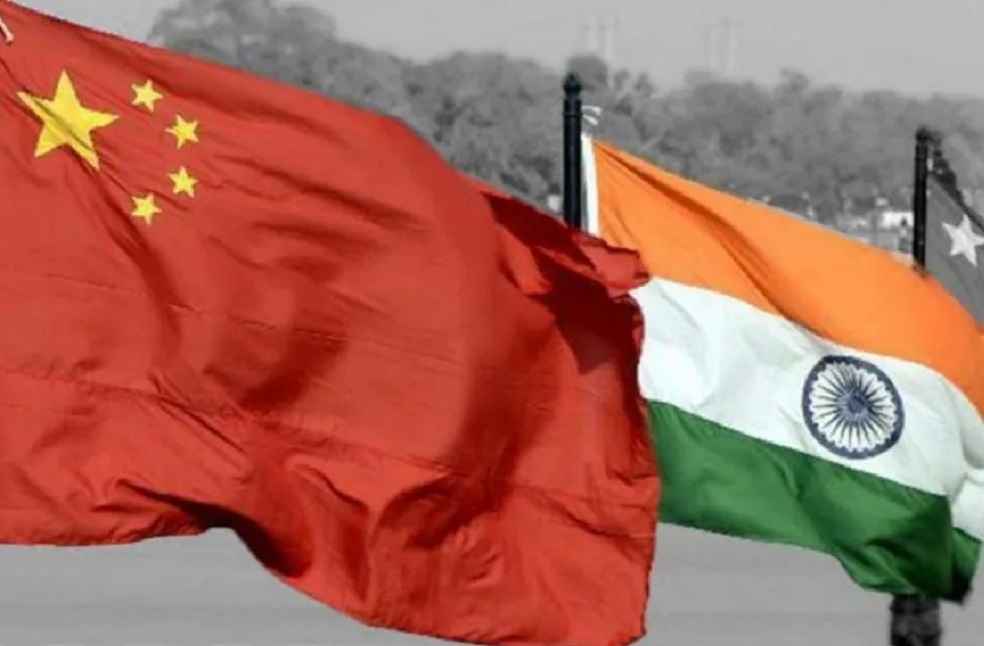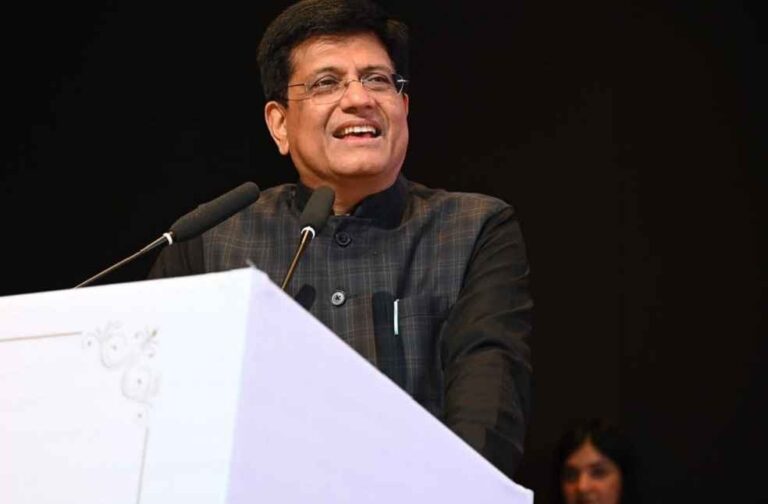India opted out of the Regional Comprehensive Economic Partnership (RCEP), the largest trade deal globally, citing key reasons tied to national interests. Minister of Commerce and Industry, Piyush Goyal, recently outlined two pivotal factors behind this decision.
ASEAN Principles and National Priorities
Goyal emphasized that the RCEP framework strayed from the founding principles that guide ASEAN. From India’s perspective, the deal failed to uphold the vision ASEAN was built upon, particularly in promoting balanced and equitable trade relationships.
The second major concern revolved around China’s role within the agreement. The minister underscored that entering a free trade pact with China could prove detrimental to India’s domestic sectors. “It was not in our farmers’ interest, RCEP did not reflect the aspirations of our small and micro medium industries and sector, and in some form, was nothing but a free trade agreement with China,” Goyal noted.

India’s Calculated Decision
The RCEP, signed by 15 Asia-Pacific nations in 2020, represents around 30 percent of global GDP. The bloc includes the 10 ASEAN member states and their significant trading partners: China, South Korea, Japan, Australia, and New Zealand.
India, initially involved in the negotiations starting in 2013, was seen as a potential balancing force against China. But by 2019, India chose not to move forward with the agreement, pointing to unresolved ‘core interest’ issues.
Goyal explained that at the time of the decision, India already had existing free trade agreements with ASEAN, Japan, and South Korea, alongside a trade arrangement with New Zealand worth $300 million. These existing deals already provided significant economic engagement, reducing the need for RCEP participation.

China’s Trade Practices Raise Concerns
A significant part of India’s reasoning stems from concerns about China’s opaque economic practices. Goyal highlighted that competition with China under RCEP would challenge Indian industries, particularly given China’s approach to trade.
“When you see from the lens sitting outside the country, you don’t realise how difficult it is to compete against a non-transparent economy,” Goyal remarked, referring to China’s economic methods.
He further criticized China for leveraging WTO policies to flood global markets with low-cost products, often of substandard quality. Goyal asserted that Indian leadership would not support any trade agreement that undermines national interests or jeopardizes domestic industries.
LOGISTICS INDUSTRY | Logistics Robots Market to Hit $21.01 Billion by 2029



